Basket Preview
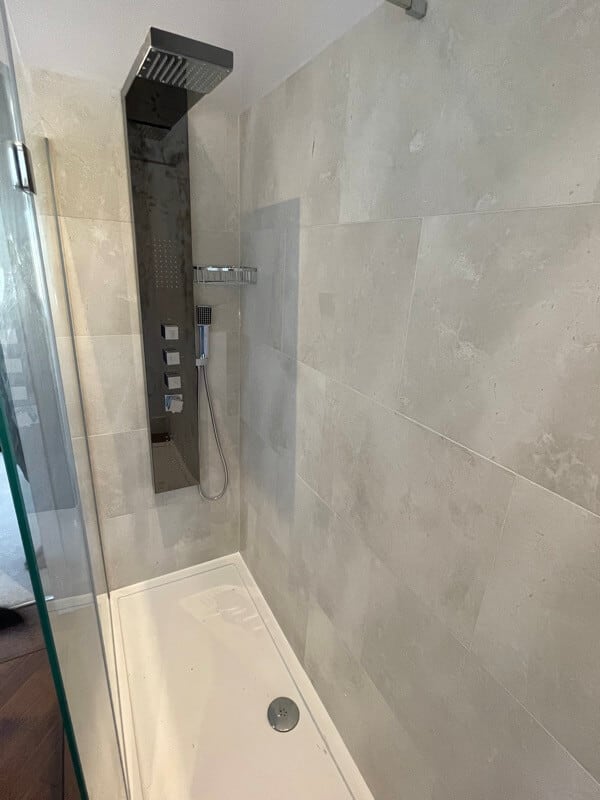
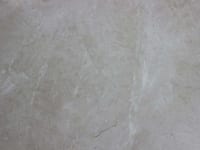
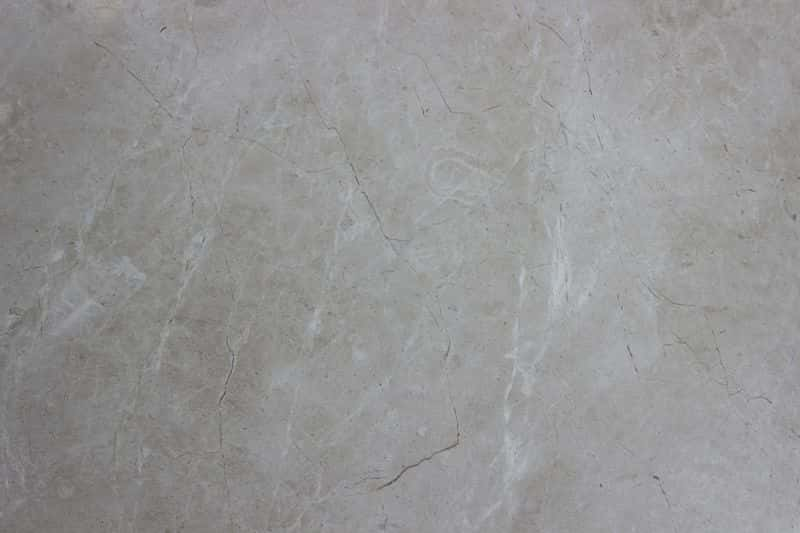

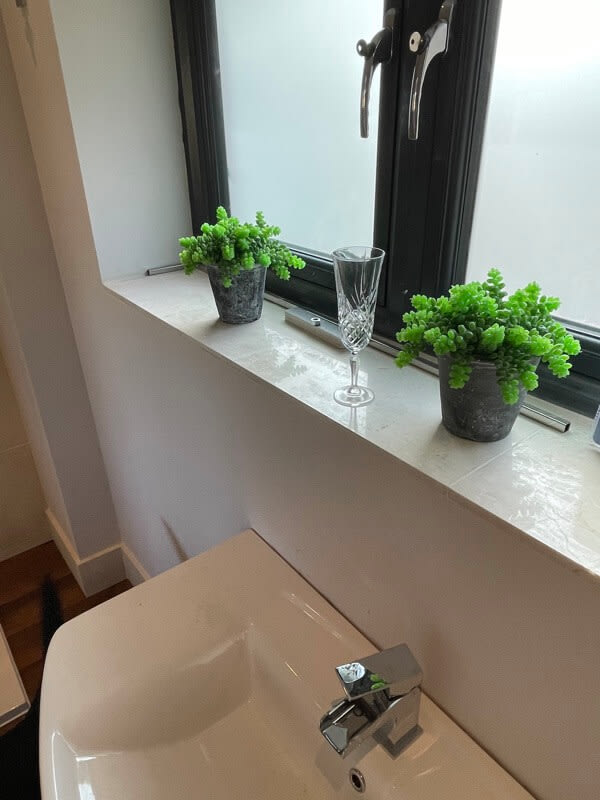
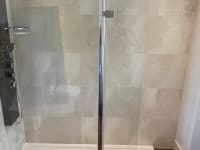
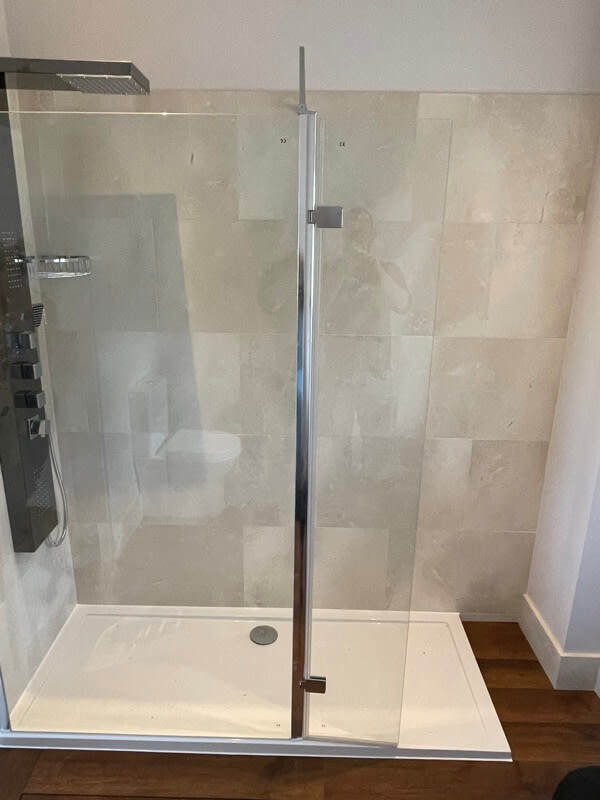
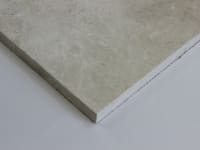
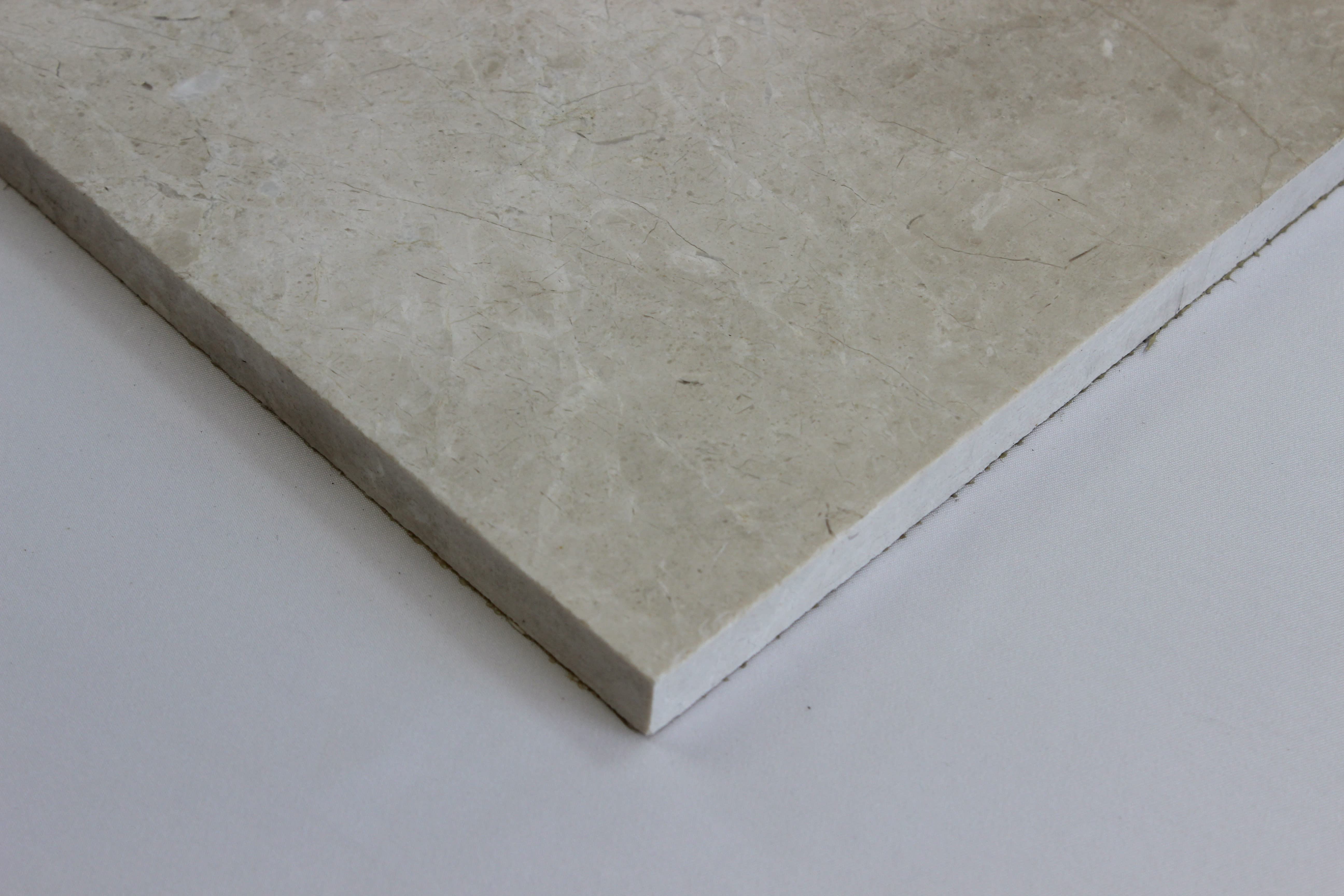
We will only supply a maximum of 1 Sample per product
Only 2 Samples available in total per customer
For more information please Contact Us or use our Sample Order Form
Used increasingly in modern developments Burdur Marble is an excellent choice for rooms where natural light needs to be maximised as it can bounce light around a room and add to the overall feel of grandeur and luxury. Seen in designer homes and hotels, often it is a look people wish to recreate at home, and as such a workable tile it is something that can easily be incorporated into any design.
The Burdur Marble has light cream tones and occasional veining which can give a feeling of sophistication and luxury.
Polished Burdur Marble tiles are available in the following size: 610 x 406 x 12mm
We would always recommend cutting marble tiles using a small angle grinder with a high quality Diamond blade suitable for hard natural stone products, these tiles are not suitable for DIY installation.
Please note: The shade of the final product will differ compared to the sample you may receive due to large natural variations of colours within this product. We recommend that all customers read our product selection, maintenance & installation guides before purchasing.
Internal Displays are available to view at our Portsmouth and Poole Branches Only
The shade of the final product will differ compared to the sample you may receive or the images shown on this website, all natural products have colour variation within and between different batches. You must ensure that you are happy with the colour variation of the product you have received before you start laying, as after installation exchange will no longer be possible.
We recommend that all customers read our product selection, maintenance & installation guides before purchasing.
Do not use acidic cleaners on natural stone as they can cause permanent, irreparable, damage to the colour and structure of the stone.
When cutting Slate tiles, it is best to use a diamond blade, and preferably a good quality wet cut tile bench or 4 ½ inch angle grinder, ideally with water feed machinery to reduce the amount of dust produced and to provide a successful cut through the tiles.
Slate tiles can be laid the same way as standard ceramic or porcelain tiles, but with the exception of cutting which will require a wet cutting bench or grinder with a high quality diamond blade. For more information on slate tile installation please following the link below:
https://www.naturalstoneandtimber.co.uk/indoor-tiles-and-mosaics-installation
The thickness of slate tiles depends on what they are being used for, internally you will normally see tiles ranging in thickness between 8mm to 12mm, for external applications they will normally be between 20 – 25mm in thickness.
Yes slate tiles are extremely durable and make an excellent internal tile, it is important to use the correct finish tile in the correct place, honed / polished Slate tiles are not really suitable for floor installations as they can be easily scratched.
Polishing Slate tiles is a reasonably simple process, but you need experience to get good results. Basically, you need to use a Diamond floor polishing pad with a 800 Grit or higher. On slate you would firstly need to hone the surface of the tiles flat, before starting the polishing process, so polishing a Slate tile with a riven surface will not be possible.
How many slate tiles you get per square metre really does depend on the size of the tiles. Establish the width and length of the tiles in mm, multiply these together, this will give you the area of the tile, then divide 1 x this area and this will give you the amount per sqm. Example below:
600mm x 400mm size tiles (0.6 x 0.4 = 0.24). 1 / 0.24 = 4.166 giving you just over 4 tiles per sqm in this size
Slate tiles are a natural quarried product that is extracted in large blocks and then sawn to the desired size and naturally split by hand to the specified thickness required for the end use.
We would also recommend using a flexible S1 rated tile adhesive when installing slate tiles, in either a grey or white colour. Always start by laying the thickest tile and then build up thinner tiles with the adhesive up to the recommend maximum thickness.
Daily cleaning is important, wipe up any spills immediately and sweep floors every day with soft broom to stop any build-up of dirt. Mop Slate floors weekly with clean water and gentle PH neutral cleaner at the recommend ratio shown on the bottle. For walls we would recommend using the same process but with a clean damp cloth. This is an excellent way to prevent build-up of dirt and debris and keep your natural stone tiles looking prefect.
On occasion you can apply a coat of Slate Oil to bring back the lustre of the natural slate, this will also offer some protection against staining.
Slate is a foliated, fine-grained metamorphic rock derived from an original shale-type sedimentary rock composed of clay or volcanic ash that shows no clear compositional layering, but can be easily split into thin slabs and plates. Because it is a good electrical insulator and fireproof, it was used to construct electric switchboards in the early 20th century. Slate having those properties and great thermal stability makes it a top choice for a fireplace hearth and an area with underfloor heating.
We would always recommend using thicker slate for external usage and the standard 8 or 10mm slates use for internal applications. They would need to be at least 20mm thick to give them the required strength for external applications. Slate is the ideal material for patios as its extremely dense and hardwearing and will last for decades if installed correctly.
Limestone tile are a good option for all floor types, as it is very hard-wearing and easy to keep clean. It is also a good option when installing underfloor heating as Limestone tiles retain the heat well and help distribute this heat evenly through your house.
Limestone is a material that will require some level of maintenance if you want to maintain its natural beauty. Limestone is a porous stone so it has to be sealed during installation to protect it from stains, but apart from that and some regular maintenance its relatively low maintenance.
When cutting Limestone tiles, it is best to use a diamond blade, and preferably a good quality cut tile bench or 4 ½ inch angle grinder, ideally with water feed machinery to reduce the amount of dust produced and to provide a successful cut through the tiles.
You should always apply one coat of sealant before grout but after installation and cleaning, then another coat directly after you have completely finished grouting, ensuring all residues are cleaned off first.
You can expect the installation of Limestone tiles to be in line with all other materials and in the region of between £35 – £50 per sqm depending on the complexity of the installation.
There are a great range of different of Limestone tiles available in the UK market, and this can have a great effect on the price of the different limestone tiles. Limestone Tiles can range from £22 + VAT per sqm up to over £50 + VAT per sqm, but it important to select the best quality product you can afford. We would always recommend going to a company that imports directly from the quarries, as they will be able to offer the best price and normally a better product, due to their direct relationship with the quarries.
All natural stone tiles have some degree of porosity and Limestone tiles are no exception, so no they are not completely waterproof. In a shower area and wet rooms additional tanking will be need, but this is no different to any other tile types, all walls will need tanking if in constant contact with water.
As a rule of thumb, you would normally try to match the colour of the grout to the tiles you have selected, but just going with a standard off white colour will generally work with all tile colours, blending with the lighter ones and contrasting with darker coloured tiles. This really is a personal choice and we would recommend doing a test mix with a couple of different colour options before starting the grouting.
We would always recommend using a white flexible tile adhesive at least S1 rated when installing Limestone tiles. You would require rapid setting adhesive for wall installations and either rapid or standard setting adhesive on floor installations.
See our locations